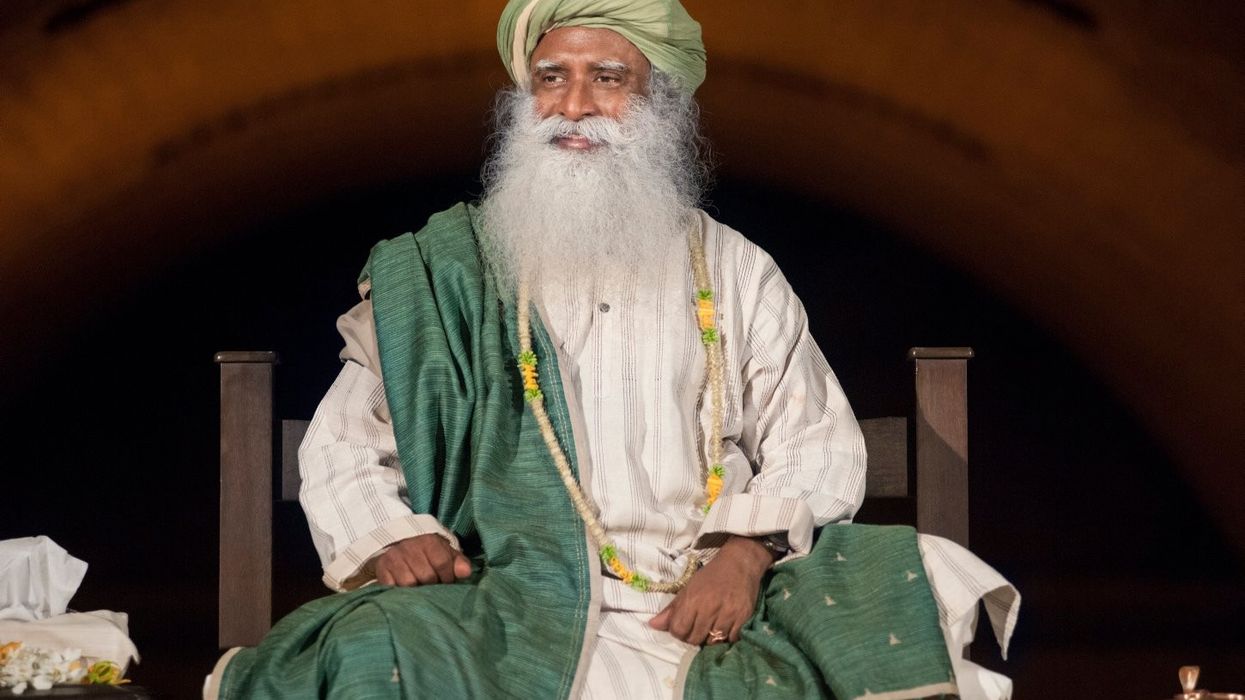The UK government on Sunday (21) vowed to offer a first coronavirus vaccine dose to every adult by the end of July, as it readied to announce a gradual easing of its third lockdown in England.
Prime Minister Boris Johnson, who will outline the lockdown review in parliament on Monday, said the faster inoculation campaign would seek to offer a first dose to everyone aged over 50 by mid-April.
The previous targets were to inoculate over 50s by May, and all adults by September.
"We will now aim to offer a jab to every adult by the end of July, helping us protect the most vulnerable sooner, and take further steps to ease some of the restrictions," Johnson said, while stressing the exit would be "cautious and phased".
Britain, one of the hardest-hit countries in the world by the Covid-19 pandemic with more than 120,000 deaths, was also the first nation to begin a mass vaccination campaign, in December.
More than 17 million people have now received at least a first dose -- one third of the adult UK population.
But with infection rates and hospitalisations soaring after an easing of restrictions over Christmas, the government imposed a third lockdown at the start of January, closing schools, non-essential businesses and hospitality venues across England.
Case numbers are falling again and early evidence suggests the vaccinations are helping to reduce serious illness, while political pressure is building on the government to return to normality.
Johnson was meeting with senior ministers on Sunday to finalise his House of Commons statement, which is expected to endorse the reopening of English schools on March 8 -- although teaching unions say allowing all pupils to return on the same day is "reckless".
- 'Last lockdown' -
Johnson is expected to lay out a gradual easing more widely after March 8, including for outdoor activities. But the full reopening of retail and pubs, and attendance at sporting events, will be delayed until later.
"All of us understandably want to go back to normal, but it is right to be cautious," health secretary Matt Hancock told Sky News television on Sunday, noting that nearly 20,000 people remain in hospital with Covid.
Keir Starmer, leader of the Labour party, said he disagreed with the teaching unions' opposition but urged the government to widen extra-hours access so that children can catch up ahead of summer exams.
"We all want this to be the last lockdown so we've got to come out of it in a measured way, but make sure we are not back where we started in a number of weeks or months," he added on Sky News.
The devolved governments of Scotland and Wales, which administer their own health policy, are letting some younger pupils return to school this week. In Northern Ireland, the administration is resuming younger classes on March 8 but has extended its overall lockdown to April 1.
- 'Risk of resurgence' -
John Edmunds, an epidemiologist and government advisor from the London School of Hygiene and Tropical Medicine, told the BBC: "The vast majority of us are still not immune.
"Easing up too quickly will increase pressure, cases will increase again. We're not through this yet."
Edmunds also called for the acceleration of vaccine trials on children, stressing "there is significant risk of a resurgence" until the entire population is inoculated, not just adults.
The government and expert advisors are also watching carefully for the emergence of new Covid variants, such as ones first detected in Brazil and South Africa, which may be more resistant to vaccines.
Hancock's health ministry said Sunday it was introducing mass testing in an area of Essex, east of London, after a single case of the South Africa variant was confirmed there.
The UK's predominant strain is one that emerged in the southeast county of Kent last September and then spread rapidly, after the first wave of Covid had waned.



















